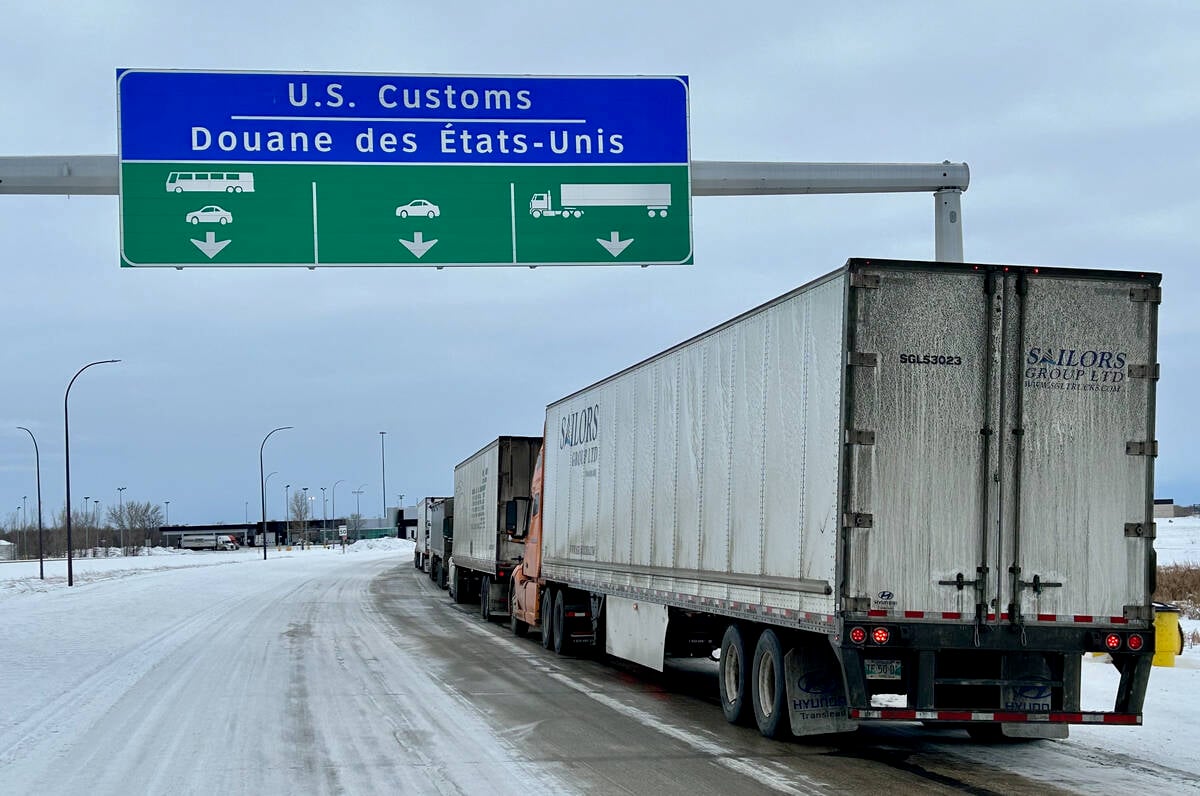Agriculture minister Chuck Strahl has insisted that supply management can be part of a new world trade deal despite his earlier statement that Canada is isolated in negotiations over its insistence there be no weakening of over-quota tariff protections.
“We are supportive of supply management,” he said in response to opposition questions in the House of Commons June 7. “We have been in the past and we will be in the future. If our support for supply management slows things down at the WTO (World Trade Organization), it will slow things down at the WTO. We are not backing away from our support for the agricultural sector in this country.”
Read Also

U.S. bill could keep out Canadian truckers
The Protecting America’s Roads Act, which was tabled in the U.S. House of Representatives at the beginning of October, would “rid the country of illegal immigrant commercial truck drivers and ineligible foreign nationals.”
Strahl came under a barrage of opposition criticism last week over what the critics said was a signal that Canada is retreating from supply management defence in world trade talks.
The previous week, he said Canada stood alone in refusing to compromise on high over-quota tariff levels and Canada would have to compromise to be included in the talks.
Opposition suspicions of a retreat were further fuelled after a speech in Montreal by WTO director general Pascal Lamy in which he said Canada’s refusal to accept any reduction in sensitive product protections was an impediment to a successful trade deal. Earlier, he and Strahl met to discuss the talks and the end-of-June ministerial meeting in Geneva.
Strahl said they both agreed that under a sensitive products category that allows higher tariffs, a supply management system is possible within WTO rules.
The debate was largely a question of semantics.
When opposition MPs demanded that Ottawa continue to defend supply management, their underlying assumption was that a reduction in tariffs, which are assessed at rates from 100 to 300 percent on dairy, egg and poultry imports that exceed allowable amounts, would make those sectors vulnerable to imports and they could not survive.
When Strahl said he continues to support supply management at the WTO, his assumption is that small reductions in the supply management tariffs would not destroy the system. By making small moves off the no-compromise position, it could remain at the negotiating table to make sure the protection reductions are as small as possible.
















